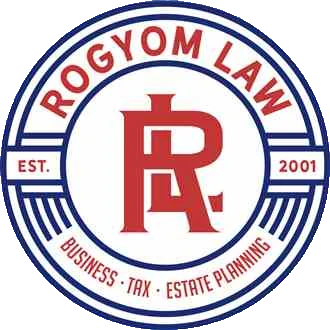Buying or Selling a Maryland Business:
Company Liabilities
Maryland Business Sale Lawyer
In this article on the purchase and sale of a Maryland business. In this article I address the possible liabilities that may be passed to buyers and sellers.
For information on other issues and concerns in a business transfer, please see my article, Buying or Selling a Business in Maryland.
Buyers can inherit company liabilities
Parties seeking to buy or sell a Maryland business must consider both known and unknown liabilities. Certain business lines obviously raise more concern for liabilities than others, but you need not purchase a former asbestos company to inherit exposure.
If a buyer purchases a company without considering potential liabilities, the buyer may purchase the seller’s potential lawsuits and contractual liabilities with no recourse against the seller. In addition, many regulatory and tax liabilities may pass to subsequent purchasers and put company assets at risk.
How to limit liabilities of a company you buy
The transaction can be structured to limit some forms of liability. If the buyer purchases a business using a “stock sale” transaction, the buyer purchased the entire entity, including its assets and liabilities.
But if the buyer purchases a business using an “asset sale” transaction, the buyer can purchase company assets and limit ongoing exposure to claims originating prior to the sale against the purchased business.
An asset sale alone, however, may not eliminate all liabilities. The buyer should accept debts necessary to continue the business, and fraudulent conveyance rules limit the seller’s ability to fleece the company of assets at the expense of its creditors. In addition, if the seller’s liabilities created liens against company assets, then those assets remain at risk.
Buyers must confirm purchased assets are not subject to undisclosed liens. Liens can result either through commercial financing agreements, through tax debts, or by operation of law.
What if liability can’t be limited?
The buyer should consider these potential liabilities and either account for the liability in the purchase price or seek indemnity agreements with the seller. Of course, indemnity agreements only have value if the agreement can be enforced against the seller.
Can a business seller for liabilities created after the sale?
From the seller’s perspective, the seller should ensure regulating agencies, suppliers, and other potential creditors no longer consider the seller or the selling business responsible for future company debts.
Conclusion
Only after analyzing potential liabilities should your Maryland business sale attorney determines the desired structure for the sale of a business. In addition to properly structuring the business sale transaction, the parties’ attorneys should also consider indemnification agreements, contingent payment arrangements, and the escrow of funds.
Ready to get started? We’re Ready to Help.
If we cannot assist you, we will gladly provide you with referrals.
TESTIMONIALS

